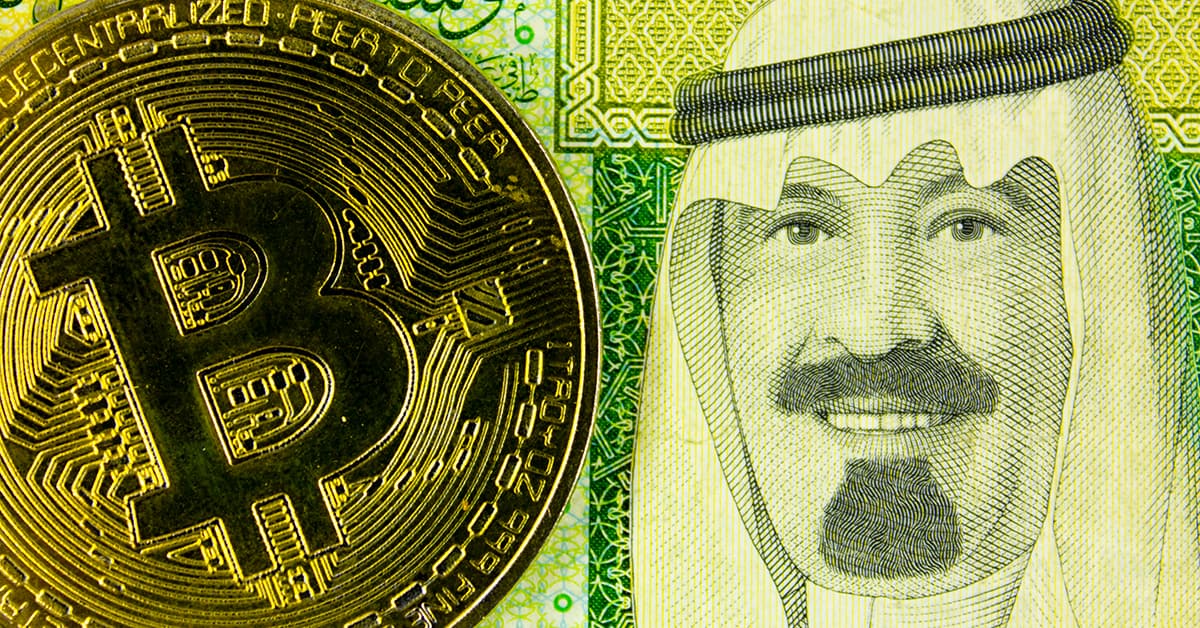As Saudi Arabia opens up to foreign banks, Western lenders are rushing to obtain licenses.

Citigroup is looking to boost its operations in Saudi Arabia by obtaining a full banking license in the kingdom. Over the next five years, the US bank, which currently operates under a Saudi capital markets license, plans to triple its presence in the kingdom.
As Saudi Arabia opens up to foreign banks, Western lenders are rushing to obtain licenses from the regulator. For now, the country has welcomed 19 foreign lenders, including Deutsche Bank, BNP Paribas, JPMorgan Chase, Credit Suisse and Standard Chartered, as well as Arab and Asian banks.
“The role of non-Saudi banks is still very limited in the kingdom but recently we are seeing the market open for more foreign banks, not only in terms of numbers but also in terms of operations,” says Ali Awdeh, director of research at the Union of Arab Banks.
Western lenders are especially looking to build market share in investment banking, wealth management and trade finance. Standard Chartered, which was operating under a capital markets license, started full banking operations from Riyadh in September.
“There are many opportunities opening up in trade and international capital flows,” said Jose Vinals, chairman of Standard Chartered, in an interview with CNBC following the opening. “As an international bank with a strong presence in Asia, Africa and Middle East, we want to be a bridge connecting local corporates and financial institutions with the rest of the world.”
Saudi Arabia is the Arab world’s biggest and fastest-changing economy. Western investors might have curbed their enthusiasm for the kingdom after the killing of Saudi journalist Jamal Khashoggi in 2018, but business is now picking up with deal opportunities in the privatization of state assets, global trade, infrastructure and nascent sectors with high growth potential, such as tourism, technology and renewable energy.
“The government and local banks can’t handle the huge investments they are planning, and foreign banks are an additional channel to bring money to the country,” says Awdeh.
The authorities are hoping newcomers will also make the Saudi banking sector more competitive. “It will put pressure on local banks and will push them to be more efficient, especially in digital transformation,” adds Awdeh.



